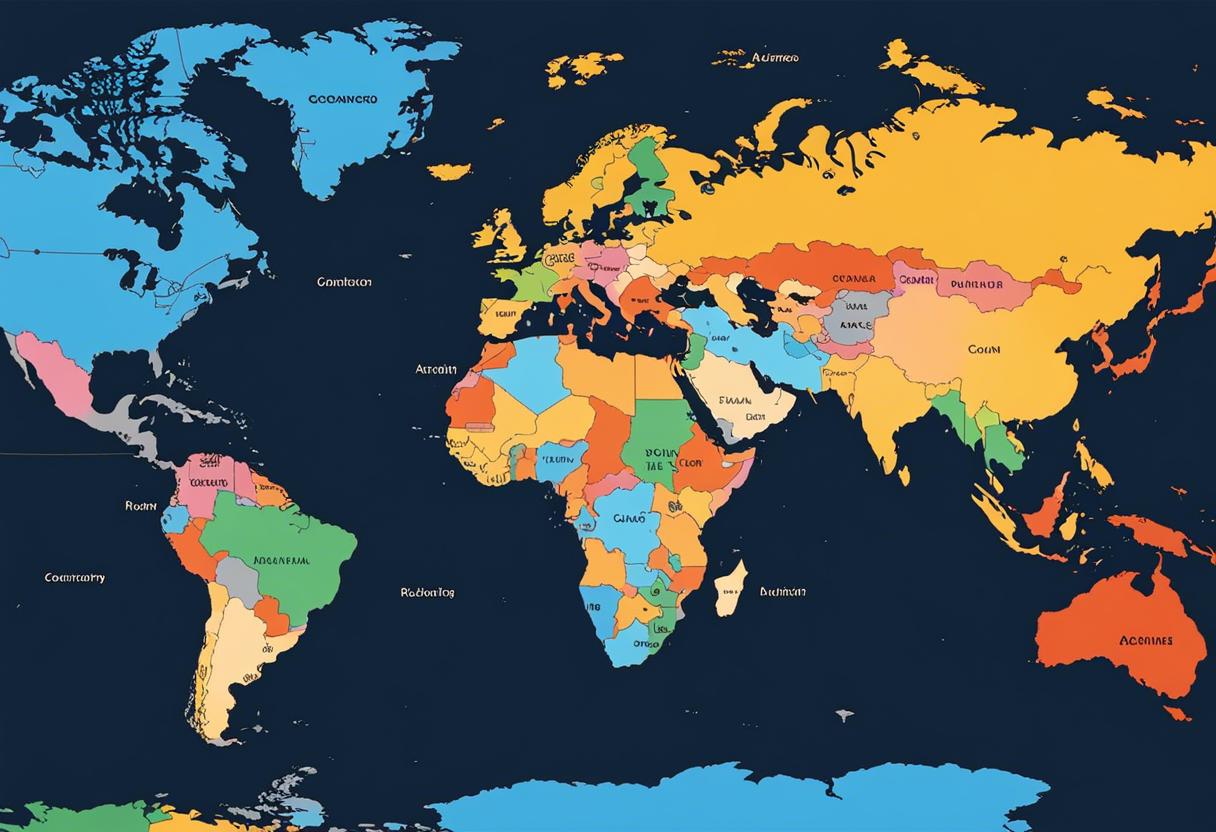Micheál Martin, the Tánaiste and also Minister for Foreign Affairs, expressed during his visit to Amman, Jordan that there is an immediate need for global recognition of the potential disaster that an Israeli invasion of Rafah would precipitate. Martin, speaking last Wednesday, emphasised that the fallout of such an attack would be beyond the capacity of Gaza to endure.
His comments came during a two-day tour of the Middle East, where he held meetings with his fellow Ministers in Cairo and Amman and inspected the Rafah border crossing. Mr Martin revealed that around 40 relatives of Irish citizens are currently trapped in Gaza and the Department of Foreign Affairs would persist with attempts to support them.
Martin underlined that so far, approximately 90 Irish citizens and dependents had been successfully extracted from the region. He said that some dependents had been able to leave later due to various unofficial channels that had been used. Once these individuals were out of the region, the next step would be to facilitate their resettlement in Ireland.
The leader of Fianna Fáil confided that his recent political interactions left him with a gloomy outlook regarding the likelihood of a ceasefire, expressing concern that things seemed to be moving backward.
Casting his worries into the international arena, Martin voiced fear over the possible Israeli invasion of Rafah. Conversations he had with humanitarian workers based in Rafah suggested that the area could not endure an invasion.
Emphasising the role of international intervention, Martin called for an unequivocal message to Israel from the global community that an invasion would be unacceptable.
Martin questioned why Israel was not doing more to speed up the influx of much-needed aid into Gaza at a satisfactory volume. He described repeated checks on every consignment of aid as “unbelievable”, labelling the prevalent human suffering in Gaza as “unspeakable”.
Mr. Martin conveyed his experience from his trip to the Rafah border crossing, which he was informed by United Nations officials that the current state of Gaza was unsuitable, particularly for women. He further elaborated that the region had witnessed a substantial decline in lawfulness and peace, which is entirely justifiable under the circumstances. The area is greatly plagued by violence, causing grave worries for the well-being of women impacted by the ongoing war.
Mr. Martin also underlined the potential for fatal incidents, such as bombings or shooting incidents. However, he stressed that the perils these women face extend beyond these threats as their health, safety, and physical security can be compromised. He added that such issues stemming from conflict had always been a pressing matter of concern.
The United Nations workers also raised an alarm about the psychological trauma to which the children in Gaza are subject. They predicted this would pose a significant issue after the present conflict and asserted children in Gaza were encountering severe psychological distress.

